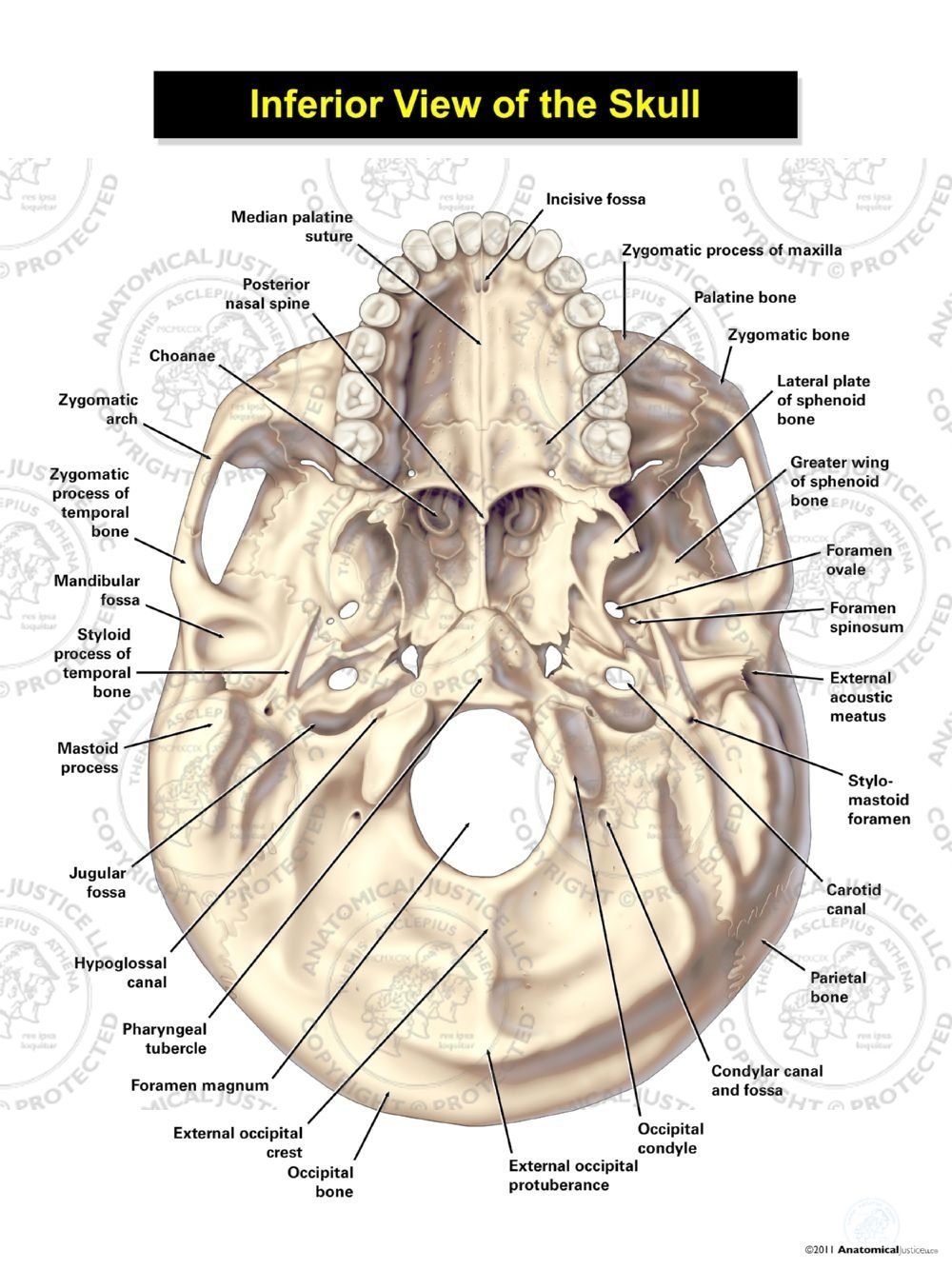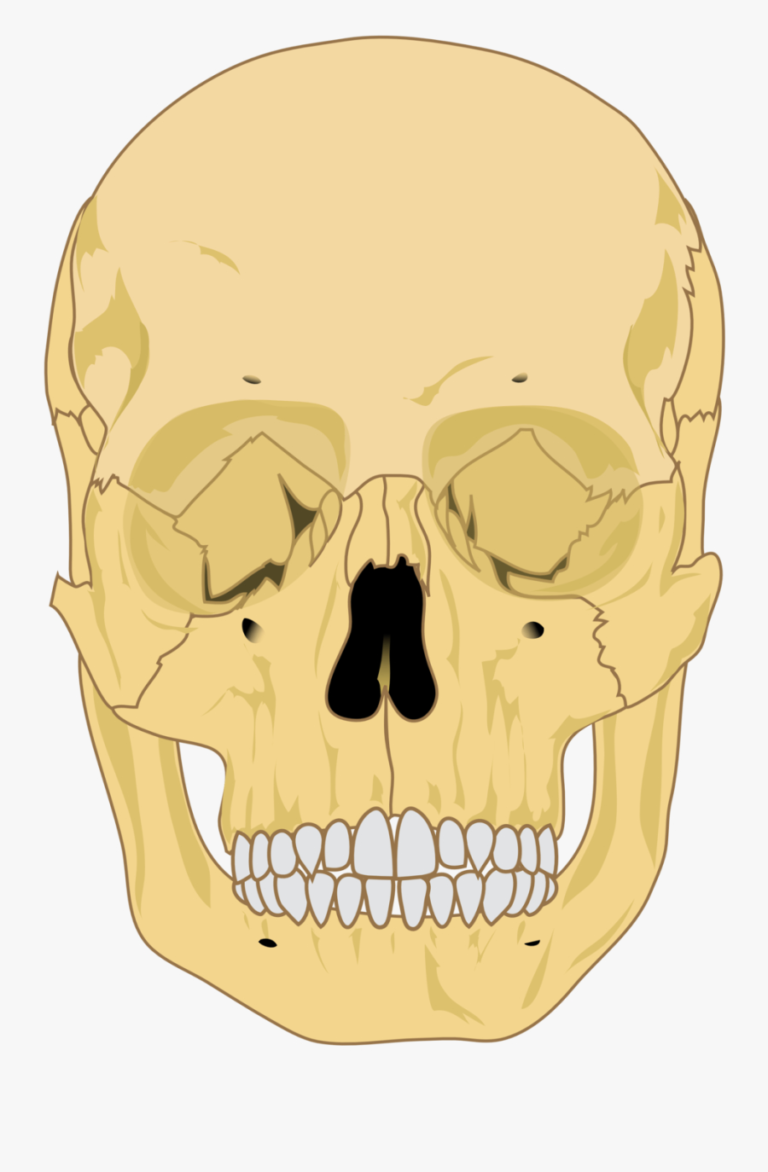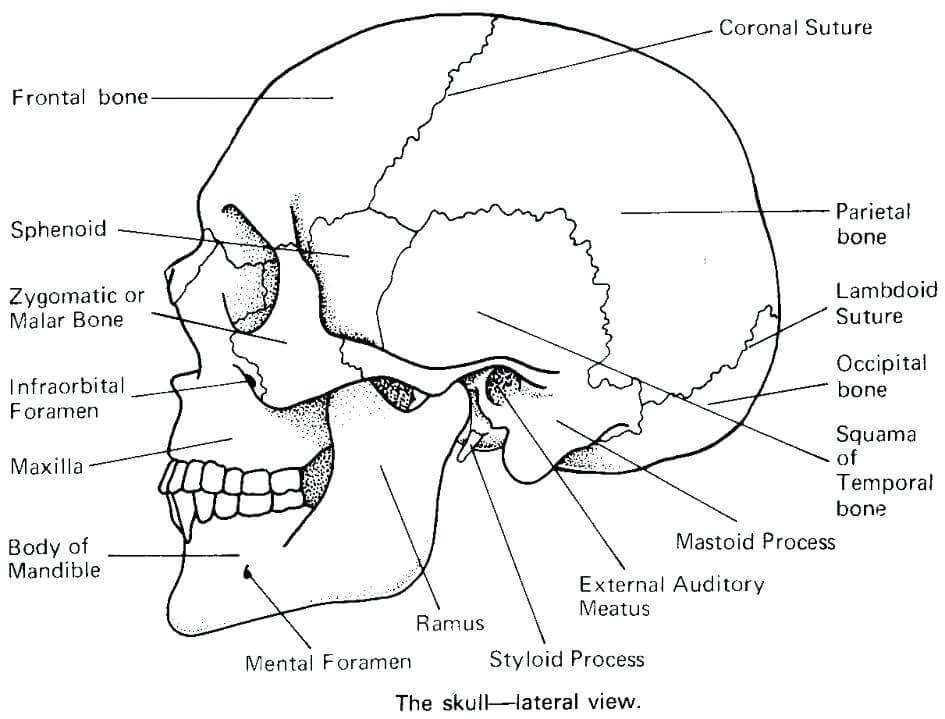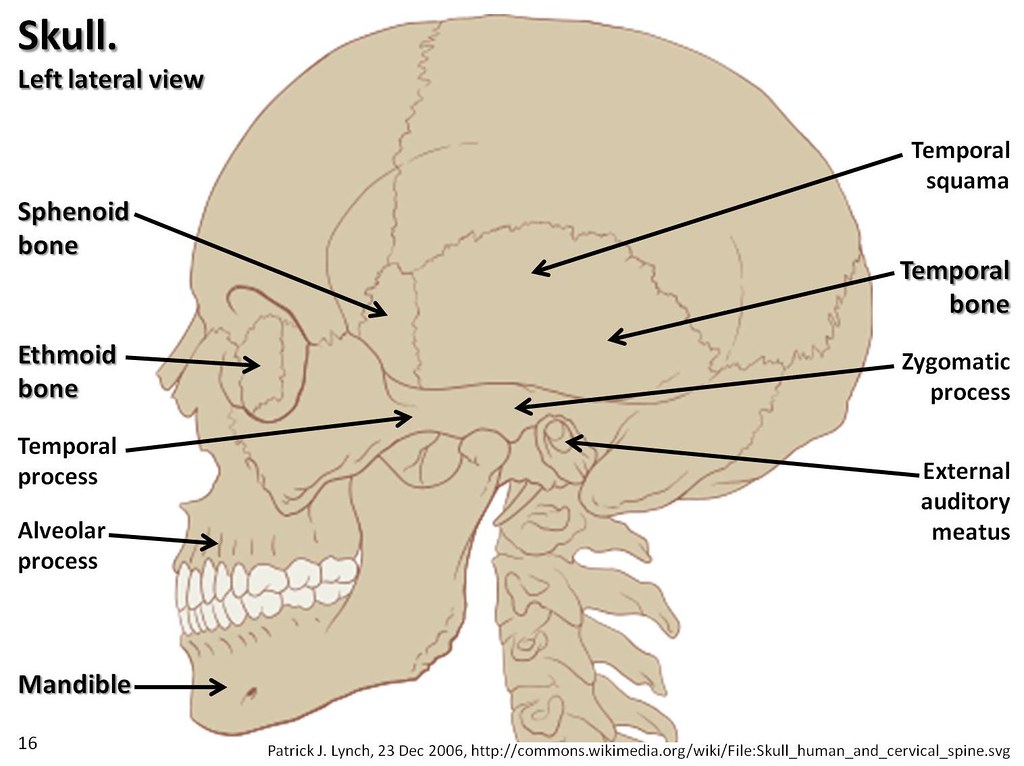
Back Of Skull Anatomy Lecture 5Axial Skeletal System at University of Michigan Learn
Recent News Dec. 12, 2023, 3:36 AM ET (New York Times) Skull of Ancient 'Sea Monster' With Dagger-Like Teeth. skull, skeletal framework of the head of vertebrates, composed of bones or cartilage, which form a unit that protects the brain and some sense organs. The upper jaw, but not the lower, is part of the skull.

Anatomy Page 37 Graph Diagram
The skull is a bony structure that supports the face and forms a protective cavity for the brain. It is comprised of many bones, which are formed by intramembranous ossification, and joined by sutures (fibrous joints).. The bones of the skull can be considered as two groups: those of the cranium (which consist of the cranial roof and cranial base) and those of the face.

Human Skull Diagrams 101 Diagrams
Labeled Skeleton Diagram This skeleton diagram will help explain the different bones of the human body clearly. Cranium The cranium is a skull bone that covers the brain, as seen in the skeleton diagram. The facial bones are not a part of the cranium. The bones that are just above the ear or in front of the ear are known as temporal bones. Stapes

7.3 The Skull Anatomy & Physiology
Vertices: 110.4k More model information Check out the first entry into our new Anatomy Quick-Guide series. The skull, or cranium, is a set of bones that make up the head of a vertebrate and keep in place all body parts in the head. It supports the structures of the face and forms a protective cavity for the brain.

Solved Label the bones of the lateral view of the skull by
Skull Anatomy - Cranial Bone and Suture Labeled Diagram, Names, Mnemonic — EZmed Skull Anatomy: Cranial Bone & Suture Mnemonic Anatomy Oct 30 Save Time with a Video! Save time by watching the video first, then supplement it with the lecture below! Click below to view the EZmed video library. Subscribe to stay in the loop! View EZmed Videos!

Skull labeled A&P Pinterest
The human skull consists of about 22 to 30 single bones which are mostly connected together by ossified joints, so called sutures.The skull is divided into the braincase (cerebral cranium) and the face (visceral cranium).The main task of the skull is the protection of the most important organ in the human body: the brain.The brain is almost entirely enclosed by the cerebral cranium with the.

blank skull diagrams skull diagram with labels Eyeball School Pinterest The skulls, Kid
Human body Skeletal System Bones of cranium Bones of cranium There are eight major bones and eight auxiliary bones of the cranium. The eight major bones of the cranium are connected.

Skull diagram, anterior view with labels part 2 Axial Sk… Flickr
Foramen magnum (inferior view) Just posterior to the middle of the skull is the foramen magnum.This is Latin for large hole. It allows the spinal cord to pass inferiorly out of the cranial vault, and also the vertebral arteries to enter the skull and provide the posterior input to the circle of Willis. The anterior and posterior spinal arteries also descend through this foramen, as well as the.

parietal bone Colouring Pages (page 2) Skull anatomy, Anatomy bones, Human anatomy and physiology
The Skull: Names of Bones in the Head, with Anatomy, & Labeled Diagram Skull Bones The skull is one of the most vital bony structures of the human body, as it houses and protects the most important organs, including the brain. There are 29 bones (including the hyoid and middle ear bones) that comprise the skull and give shape to the head.

Skull Diagram Labelled · Free vector graphic on Pixabay
The skeletal system includes all of the bones and joints in the body. Each bone is a complex living organ that is made up of many cells, protein fibers, and minerals. The skeleton acts as a scaffold by providing support and protection for the soft tissues that make up the rest of the body. The skeletal system also provides attachment points for.

Skull diagram, lateral view with labels part 1 Axial Ske… Flickr
Sources: Images adapted from images in the public domain. Image 1: http://commons.wikimedia.org/wiki/File:Human_skull_front_bones.svg Image 2: http://commons.

Skull diagram, anterior view with labels part 3 Axial Sk… Flickr
The BioDigital Human platform is an interactive 3D, medically accurate, virtual map of the human body—including over 8,000 individually selectable anatomical structures, 850+ simulated 3D health conditions and treatments. Explore 3D anatomy or create immersive experiences with our fully embeddable, cloud-based software, available in eight languages, on any desktop or mobile device and in AR/VR.

Human Skull Diagram Blank , Free Transparent Clipart throughout Blank Sugar Skull Template
The Skeletal System Tour Axial Skeleton The axial skeleton forms the "axis" that runs down the center of the body. There are 80 bones that make up the axial skeleton. Skull (Cranium) Your skull ( cranium) is made up of cranial and facial bones. Cranial bones protect your brain, while facial bones make up your facial structure.

34 Blank Skull Diagram To Label Wiring Diagram Niche
The cranium (skull) is the skeletal structure of the head that supports the face and protects the brain. It is subdivided into the facial bones and the brain case, or cranial vault ( Figure 7.3 ). The facial bones underlie the facial structures, form the nasal cavity, enclose the eyeballs, and support the teeth of the upper and lower jaws.

Skull diagram, lateral view with labels part 2 Axial Ske… Flickr
1/2 Synonyms: none The human skull consists of 22 bones (or 29, including the inner ear bones and hyoid bone) which are mostly connected together by ossified joints, so called sutures. The skull is divided into the braincase ( neurocr anium) and the facial skeleton ( viscerocranium ).

Human Skull Diagrams 101 Diagrams
The skull is the skeletal structure of the head that supports the face and protects the brain. It is subdivided into the facial bones and the cranium, or cranial vault ( Figure 7.3.1 ). The facial bones underlie the facial structures, form the nasal cavity, enclose the eyeballs, and support the teeth of the upper and lower jaws.